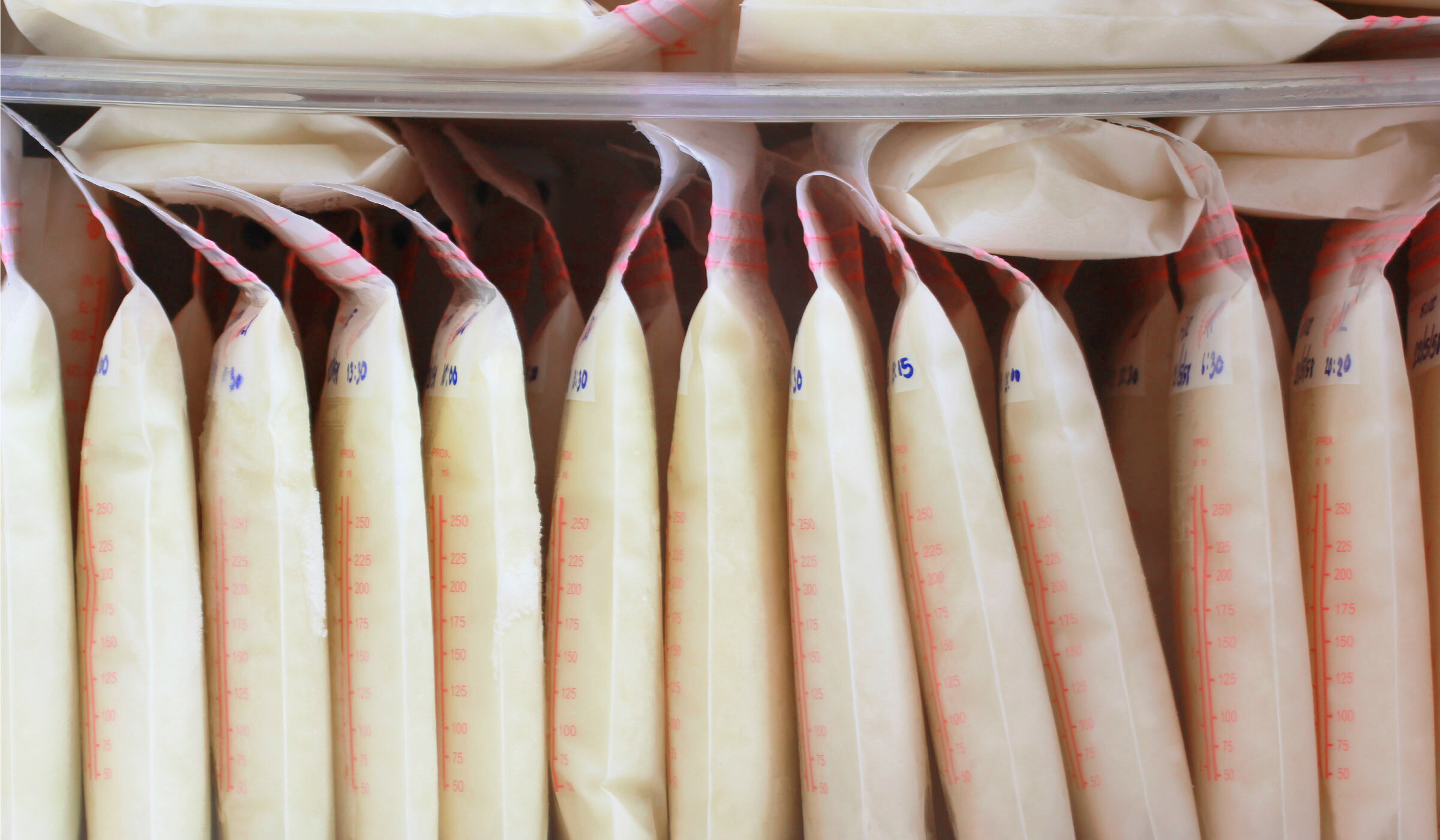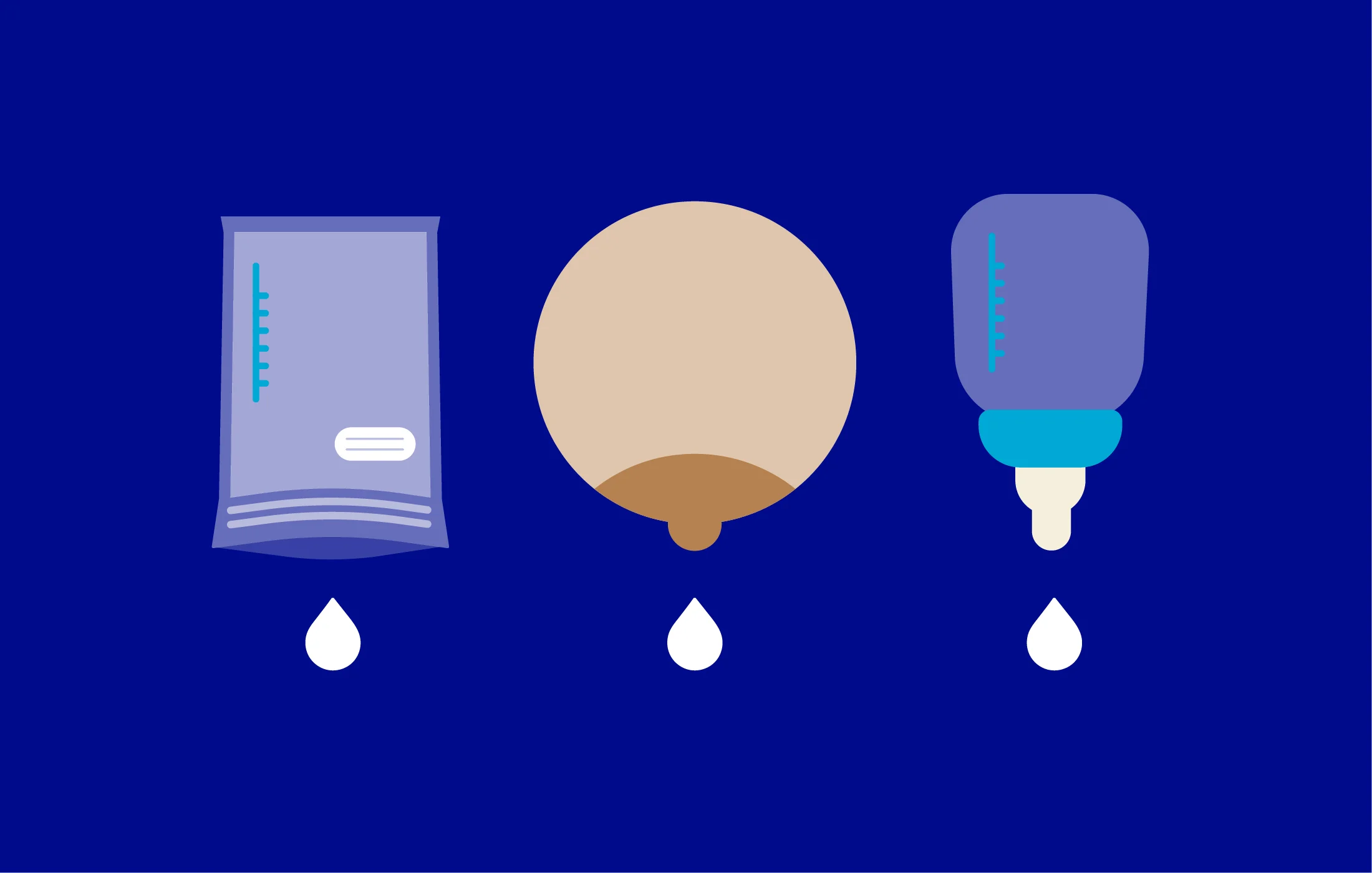Fasting and Breastfeeding: What Moms Need to Know
If there’s ever a time when it feels like you can’t eat enough, it’s when you’re breastfeeding. “Your nutritional requirements are even higher while breastfeeding than during pregnancy,” says Megan Landrum, RD, of Alavita Nutrition. Women need about 500 calories more a day when they’re breastfeeding—and it’s a good idea to eat every two to four hours. So fasting for, say, weight loss or a “reset”: not advisable. But what if it’s for religious reasons? That’s a personal decision that depends on your body, and your baby’s health, says Landrum. Here’s help in determining your approach.
Understand your religion’s expectations
Some religions, including the Catholic Church, Church of Jesus Christ of Latter-day Saints, and Islam exempt pregnant and breastfeeding mothers from fasting. Others, like Judaism, exempt nursing mothers from some fasts (such as the four minor fasts), but not from Yom Kippur (a 25-hour fast), as it’s part of the High Holy Days. For questions about expectations and exceptions for breastfeeding women and fasting, talk with your religious leader.
Consider the context
How is your energy level? Is your baby healthy? Landrum cautions against fasting for any reason if your baby is not gaining weight. If there’s any question at all, consult a pediatrician and/or your own doctor. Most religious fasts last for 24 hours, and while a 24-hour fast has been found to temporarily alter the biochemical composition of breast milk, there’s no harm to babies. (For the record, your breast milk changes day-to-day based on all sorts of factors, including your baby’s age and what you’re eating.)
Stay hydrated
If you choose to fast, consider a modified fast where you avoid solid foods, but drink liquids. “It’s important to stay hydrated—breastfeeding moms need to drink at least 80 ounces of fluids per day or more to keep milk production up,” says Landrum. Depending on how strictly you’re following fasting guidelines, Landrum suggests nourishing beverages like broths and juices.
Tips for a Ramadan fast
For the month of Ramadan, fasting lasts every day from dawn to sunset. Research has shown that following this religious fast has no adverse effects on breast milk supply or infant growth, but can deplete moms of nutrients. Landrum recommends making sure the first meal, Suhoor, is full of protein (like almond butter, eggs, greek yogurt), healthy fats (such as avocados), and fresh fruits and veggies—the sorts of foods all breastfeeding mothers need—and then eating high quality protein and nutrient-rich food for the Iftar meal after sunset.
How to break a fast
When it’s time to break a fast, Landrum recommends avoiding those tempting quick sugar-hits from chips, bread, or sweets. Instead, opt for complex carbohydrates and nutrient-rich foods from eggs, nuts, and veggies. Adding a little fat can help you feel satisfied and boost nutrient absorption. Try broccoli and sweet potatoes roasted in plenty of olive oil or lentil stew topped with avocado.
Mamava designs solutions to empower breastfeeding and pumping parents on the go, like our freestanding lactation pods, Mamava’s lactation space locator app, and other helpful resources.
More breastfeeding resources























